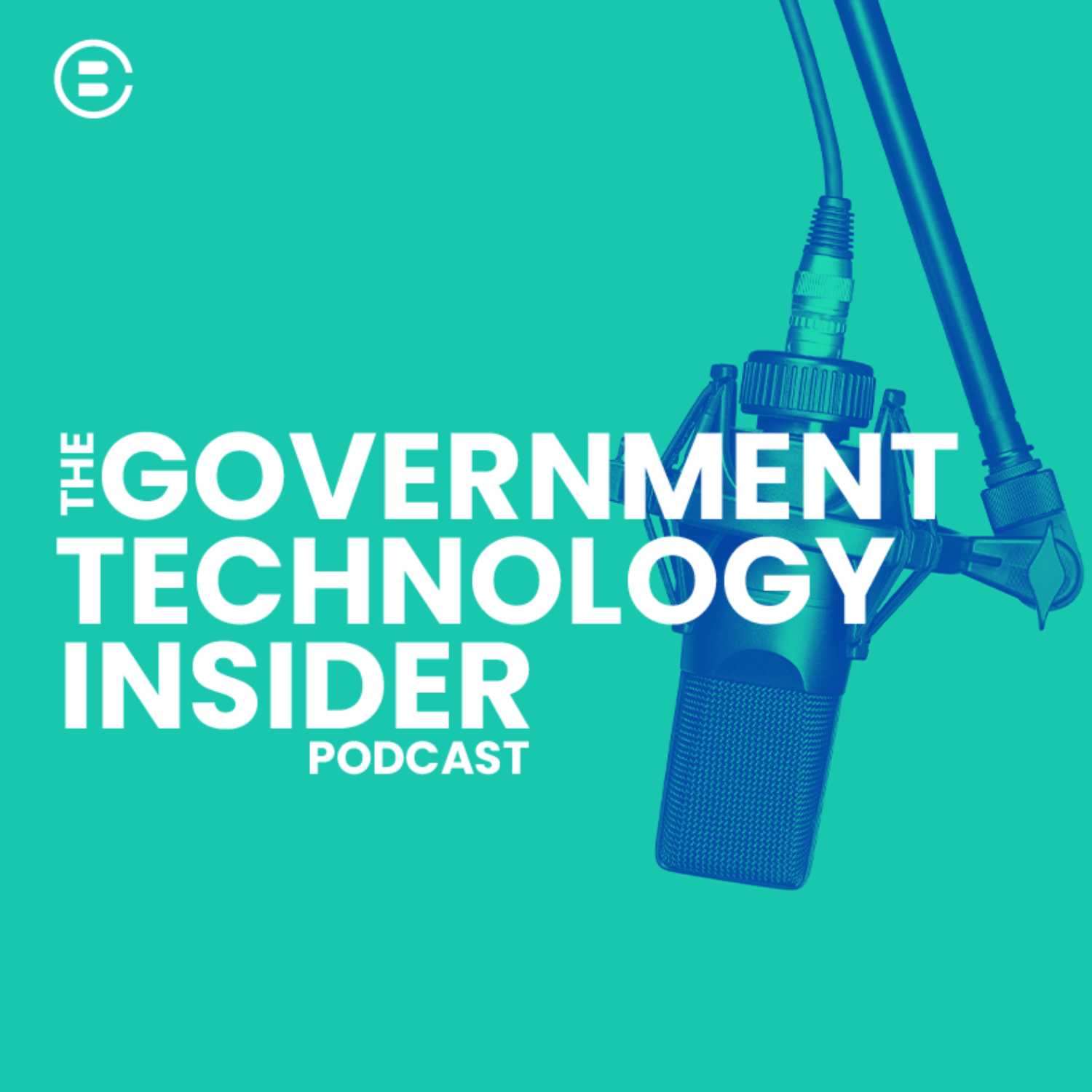- After-Shows
- Alternative
- Animals
- Animation
- Arts
- Astronomy
- Automotive
- Aviation
- Baseball
- Basketball
- Beauty
- Books
- Buddhism
- Business
- Careers
- Chemistry
- Christianity
- Climate
- Comedy
- Commentary
- Courses
- Crafts
- Cricket
- Cryptocurrency
- Culture
- Daily
- Design
- Documentary
- Drama
- Earth
- Education
- Entertainment
- Entrepreneurship
- Family
- Fantasy
- Fashion
- Fiction
- Film
- Fitness
- Food
- Football
- Games
- Garden
- Golf
- Government
- Health
- Hinduism
- History
- Hobbies
- Hockey
- Home
- How-To
- Improv
- Interviews
- Investing
- Islam
- Journals
- Judaism
- Kids
- Language
- Learning
- Leisure
- Life
- Management
- Manga
- Marketing
- Mathematics
- Medicine
- Mental
- Music
- Natural
- Nature
- News
- Non-Profit
- Nutrition
- Parenting
- Performing
- Personal
- Pets
- Philosophy
- Physics
- Places
- Politics
- Relationships
- Religion
- Reviews
- Role-Playing
- Rugby
- Running
- Science
- Self-Improvement
- Sexuality
- Soccer
- Social
- Society
- Spirituality
- Sports
- Stand-Up
- Stories
- Swimming
- TV
- Tabletop
- Technology
- Tennis
- Travel
- True Crime
- Episode-Games
- Visual
- Volleyball
- Weather
- Wilderness
- Wrestling
- Other
Ep 7 - Pop-Up and Emergency Networks: Part Two of the FWA Podcast Series
Pop-up and emergency networks are temporary connections that organizations can use to bridge coverage gaps or provide reliable communications during a man-made crisis, natural disaster, or even large-scale public events. These networks are practical and relevant today because they are easy to implement and cost-effective to deploy. By leveraging pop-up and emergency networks, agencies can ensure dependable connections during critical moments, minimizing disruptions, and restoring essential services at the moment of greatest need. For example, agencies will often have a need to quickly respond to an area and be able to provide communications from “hour one” of being there.In the second part of our FWA podcast series Dave Butta, Managing Partner, Federal Government Sales at Verizon, Rose Mata, Director, Federal Healthcare, Finance, and Education at Verizon, and Curtis Mentz, Sr. Manager for the Verizon Frontline Crisis Response Team at Verizon, share their insights around the need for pop-up and emergency networks, along with key use cases and future developments in this arena.

